Sports Links That Freely Change Clever History 1 Day At A Time For Better Societal Change
The Evolution of Sports Linking History, Traditions, and Ideologies
Sports have evolved significantly over time, shaped by historical events, cultural traditions, and shifting ideologies. This evolution reflects broader societal changes and highlights the complex interplay between sports and human development. In this post, we will delve into how history has influenced the grandeur of sports, with a focus on the connections, traditions, and ideological shifts that have shaped their evolution.
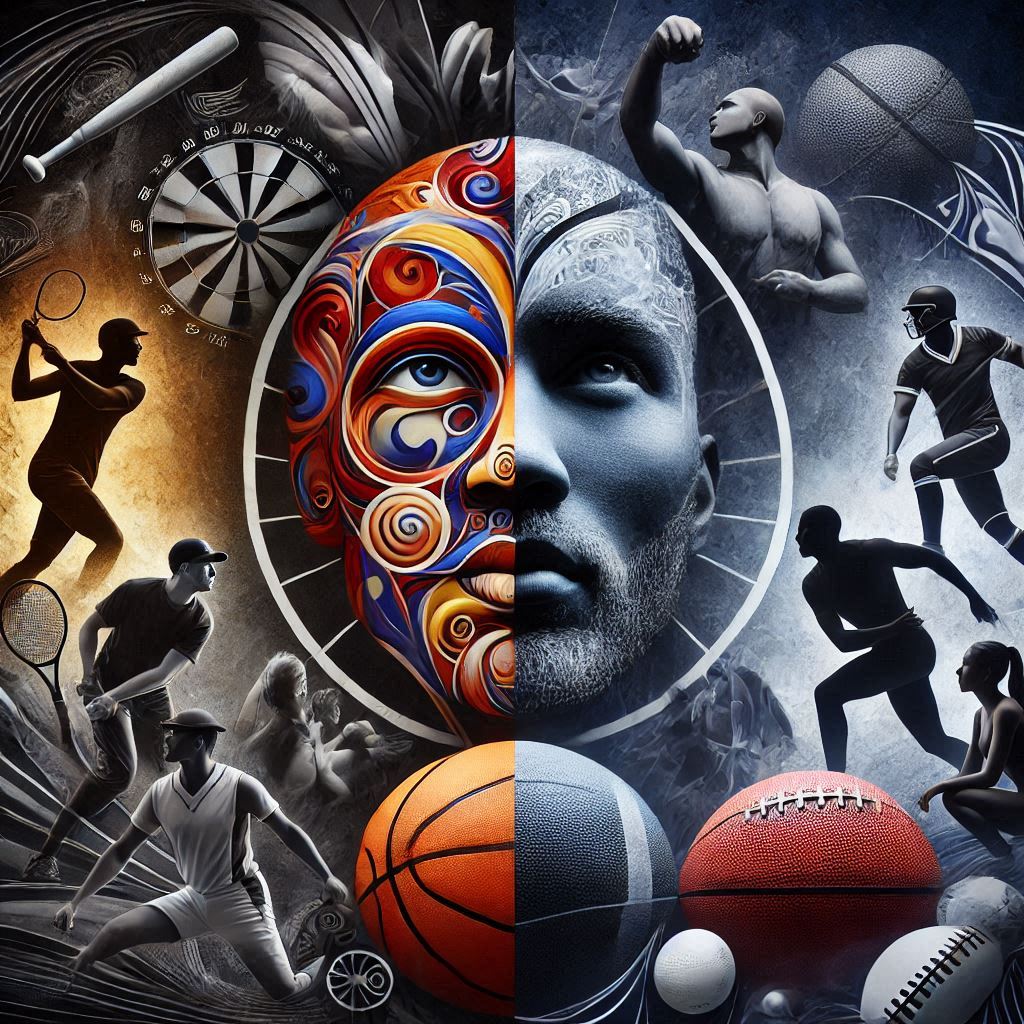
Historical Links to Sports Development
Ancient Civilizations
The roots of all sports is old and can be traced back to many areas of ancient civilizations. The Greeks and Romans, for example, organized athletic competitions that celebrated physical prowess and served as important social events. The Greek Olympic Games, held every four years, were a key link in the development of sports, establishing many traditions that continue today, such as the emphasis on fair play and the celebration of human achievement.
Medieval Tournaments
During the Middle Ages, sports such as jousting and archery were closely linked to the social structures and traditions of the time. These tournaments were not only displays of martial skill but also reinforced social hierarchies and the ideals of chivalry. The links between these medieval sports and modern-day competitions can be seen in the continued emphasis on honor, courage, and competition.
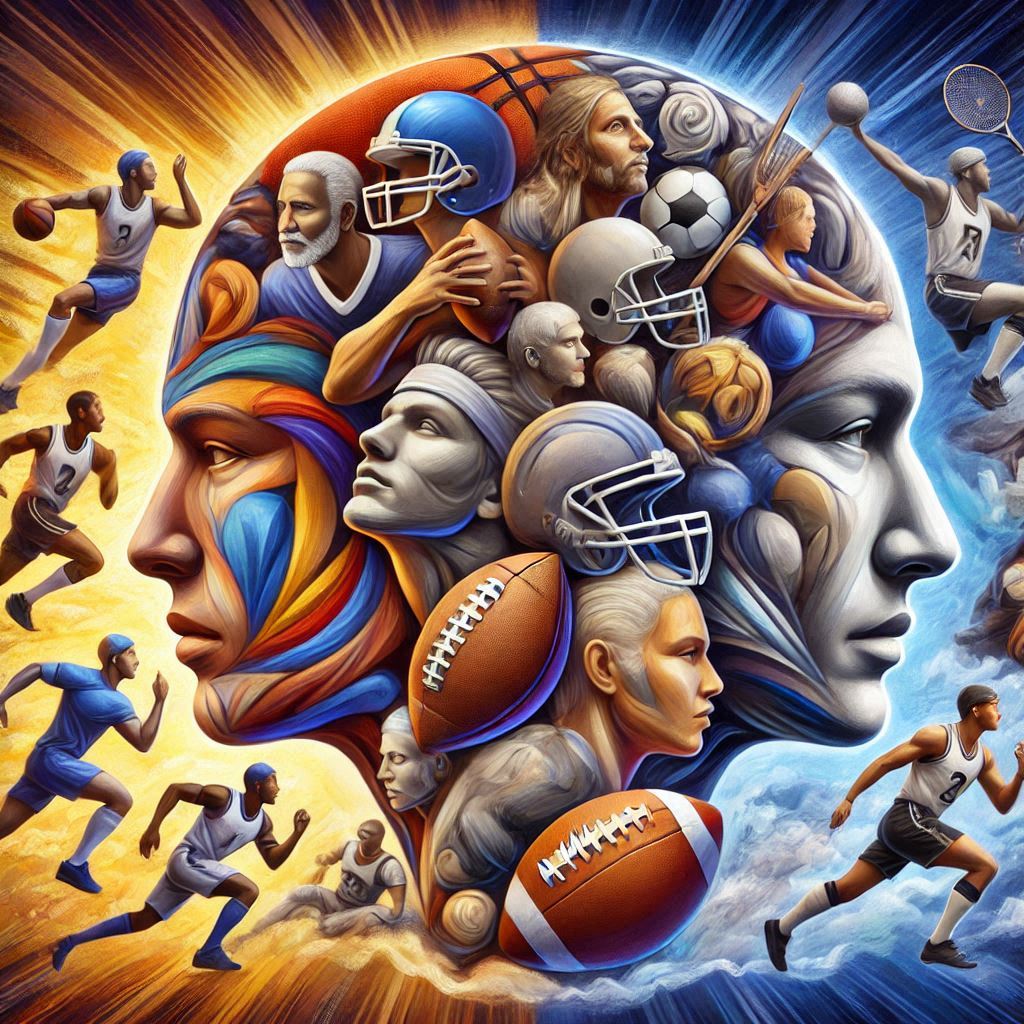
Renaissance and Enlightenment
The Renaissance and Enlightenment periods brought a renewed interest in the human body and physical fitness. Sports became linked to the ideals of humanism and individual achievement. The establishment of sports clubs and societies during this time laid the groundwork for the organized sports we see today. The codification of rules and the formalization of competitions during this period are key links in the development of modern sports.
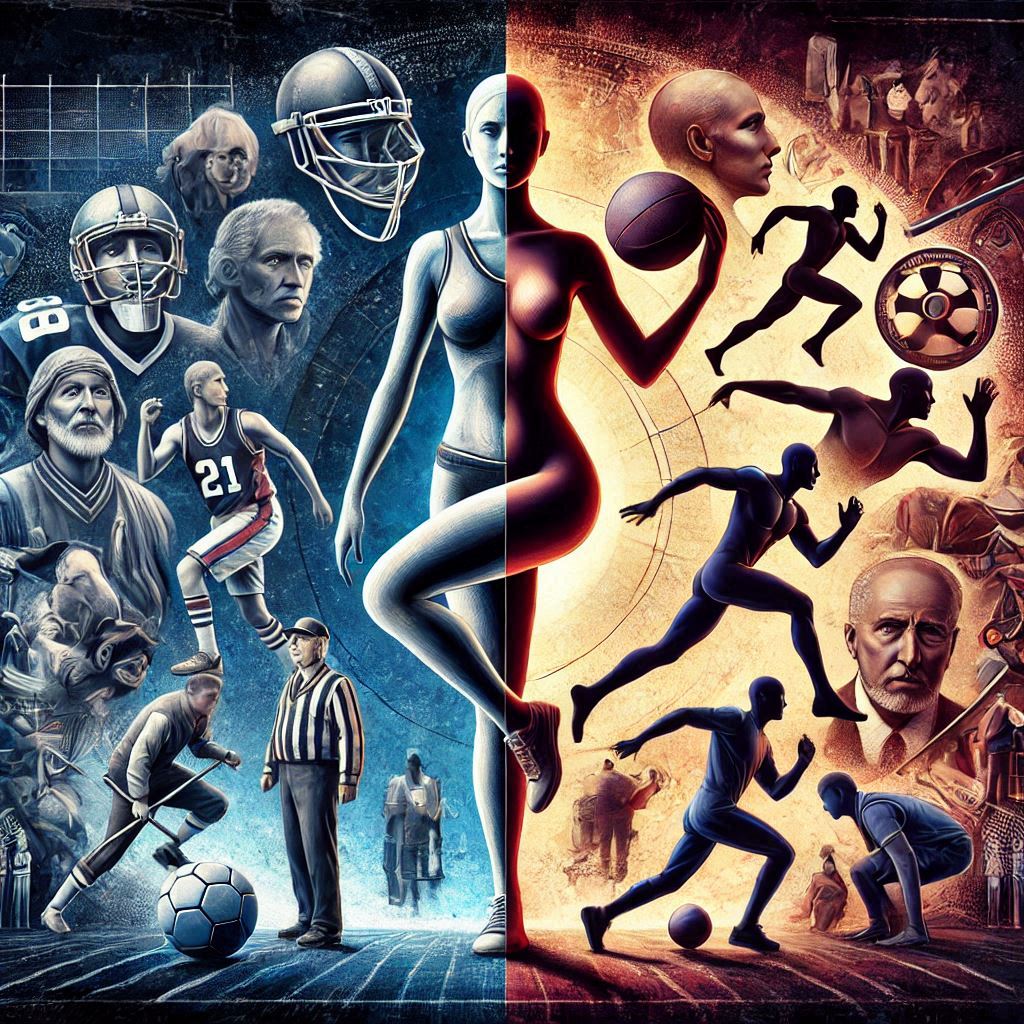
Traditions in Sports
Ceremonial Practices
Throughout history, sports have been linked to various ceremonial practices. The opening and closing ceremonies of the Olympic Games, for example, are rich in tradition and symbolism. These ceremonies link modern sports to their ancient origins, celebrating continuity and the global unity of sports.
Rituals and Superstitions
Many sports have developed their own rituals and superstitions, which are passed down through generations. These traditions create a sense of continuity and community among athletes and fans. For example, the tradition of shaking hands before and after a match links sportsmanship to respect and fair play.
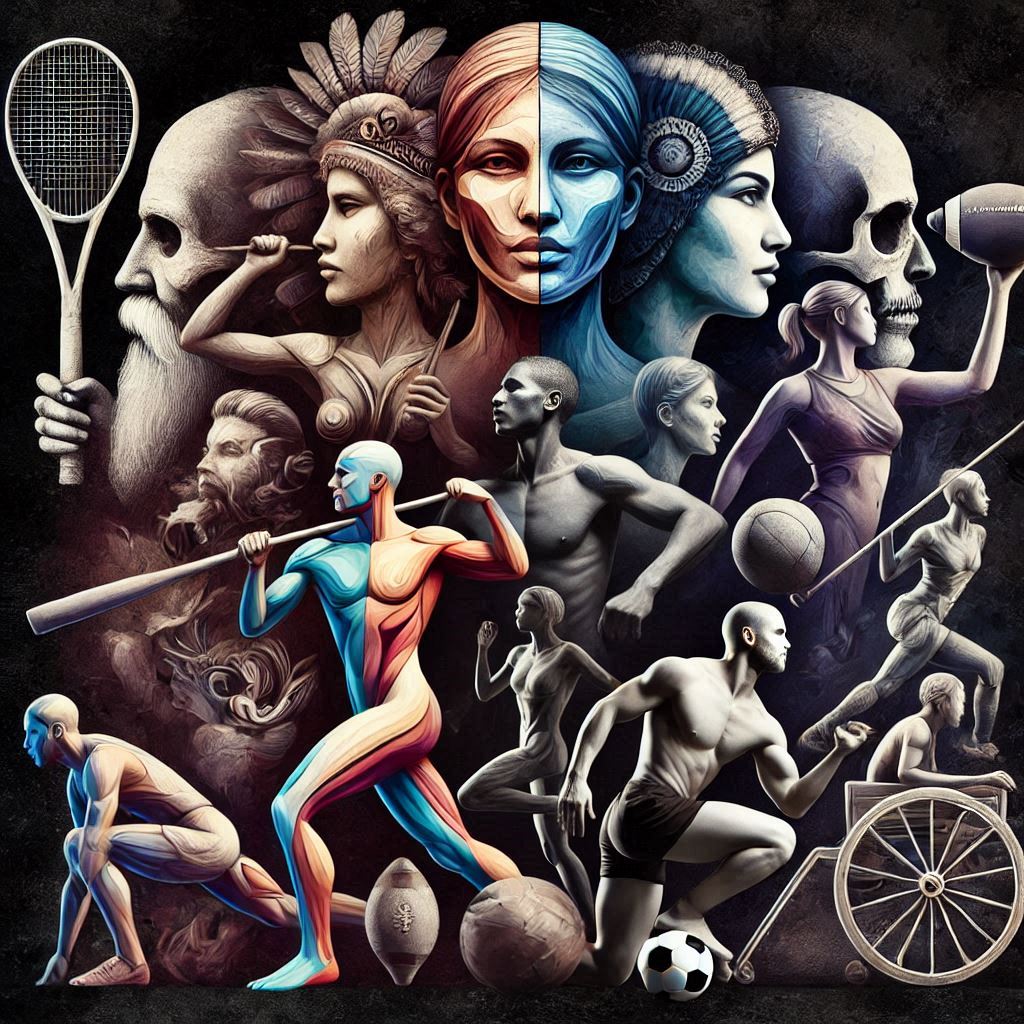
Sporting Venues
The venues in which sports are played are also steeped in tradition. Iconic stadiums and arenas, such as the Colosseum in ancient Rome or modern-day Wembley Stadium, are not just places of competition but symbols of the cultural significance of sports. These venues link the past to the present, providing a tangible connection to the history of sports.
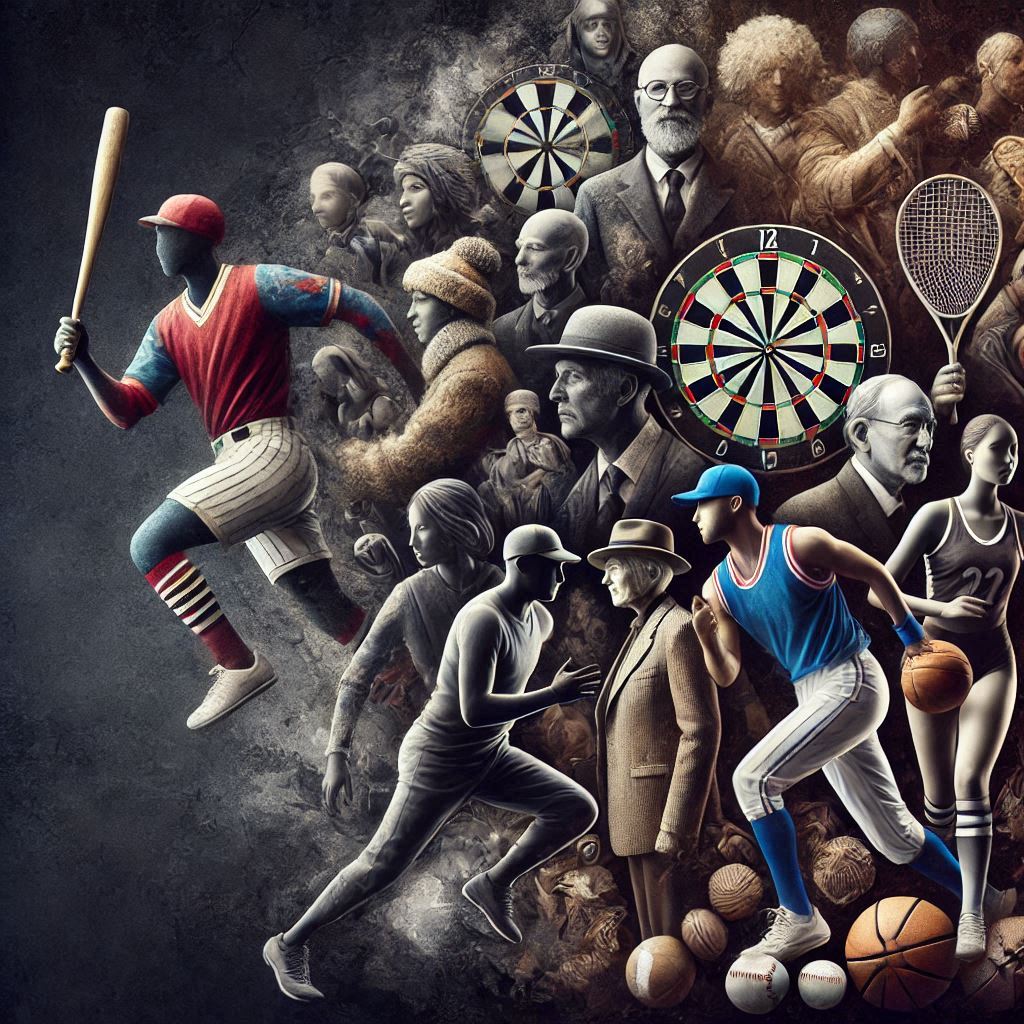
Ideological Shifts
Social Equality
The evolution of sports has been closely linked to broader ideological shifts, particularly in the areas of social equality and inclusion. The integration of athletes from diverse backgrounds and the promotion of gender equality in sports are key links in the ongoing effort to create a more inclusive and equitable sporting environment.
Professionalism and Commercialization
The professionalization and commercialization of sports have brought significant changes to how sports are organized and perceived. The transition from amateur to professional status links the development of sports to economic factors and the global entertainment industry. This shift has also influenced the ideologies surrounding sports, emphasizing performance, competition, and marketability.
Technological Advancements
Technological advancements have profoundly impacted sports, linking modern practices to innovations in science and technology. From instant replays and VAR in soccer to wearable technology that tracks performance, these innovations have changed how sports are played, officiated, and consumed. The link between sports and technology continues to evolve, driving new ideologies focused on precision, fairness, and enhanced spectator experiences.
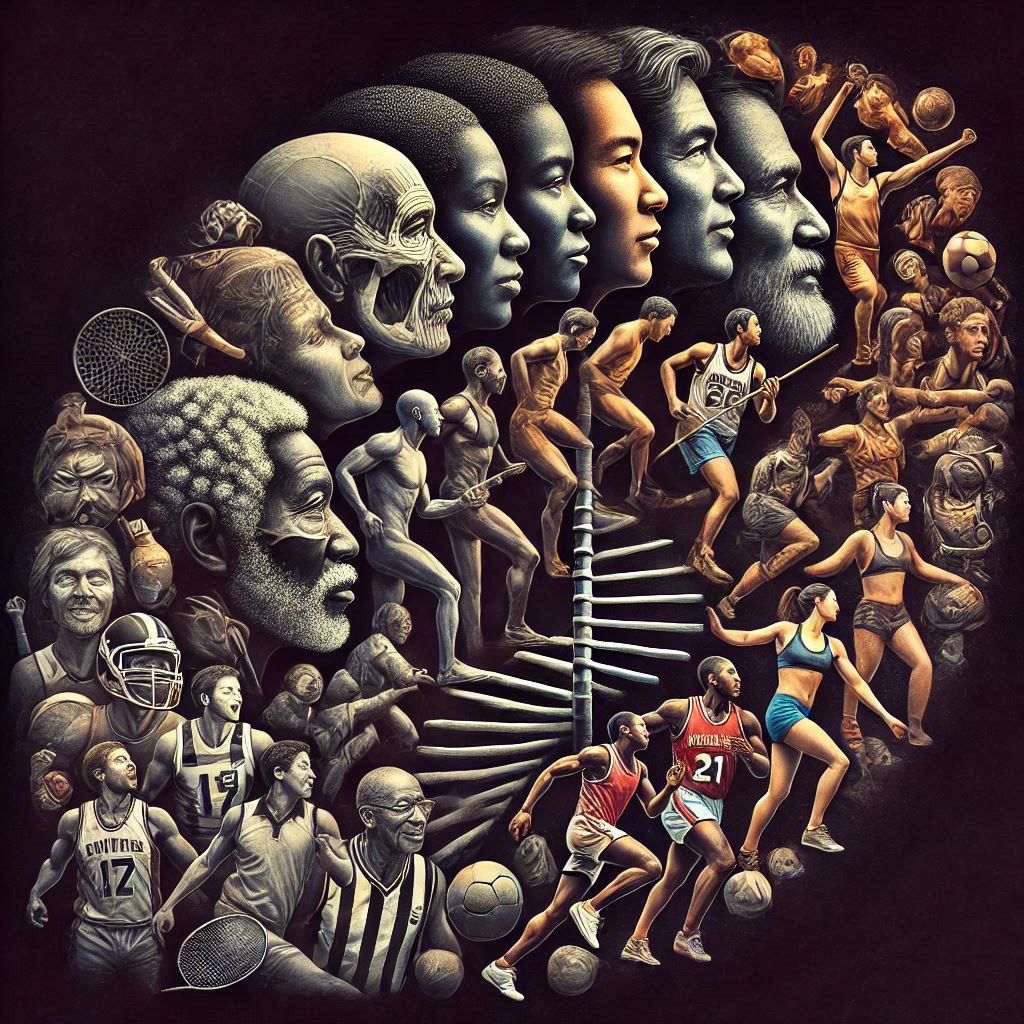
Contemporary Sports
How Historical Links Apply Today
Global Events
Modern sports events like the Olympics and the FIFA World Cup draw on historical links to ancient games and medieval tournaments. These events continue the tradition of bringing people together, celebrating human achievement, and fostering international cooperation.
Community and Identity
Sports today remain a crucial part of community identity and culture, much like in ancient and medieval times. Local and national teams serve as symbols of pride and unity, linking contemporary sports to historical traditions of communal gatherings and celebrations.
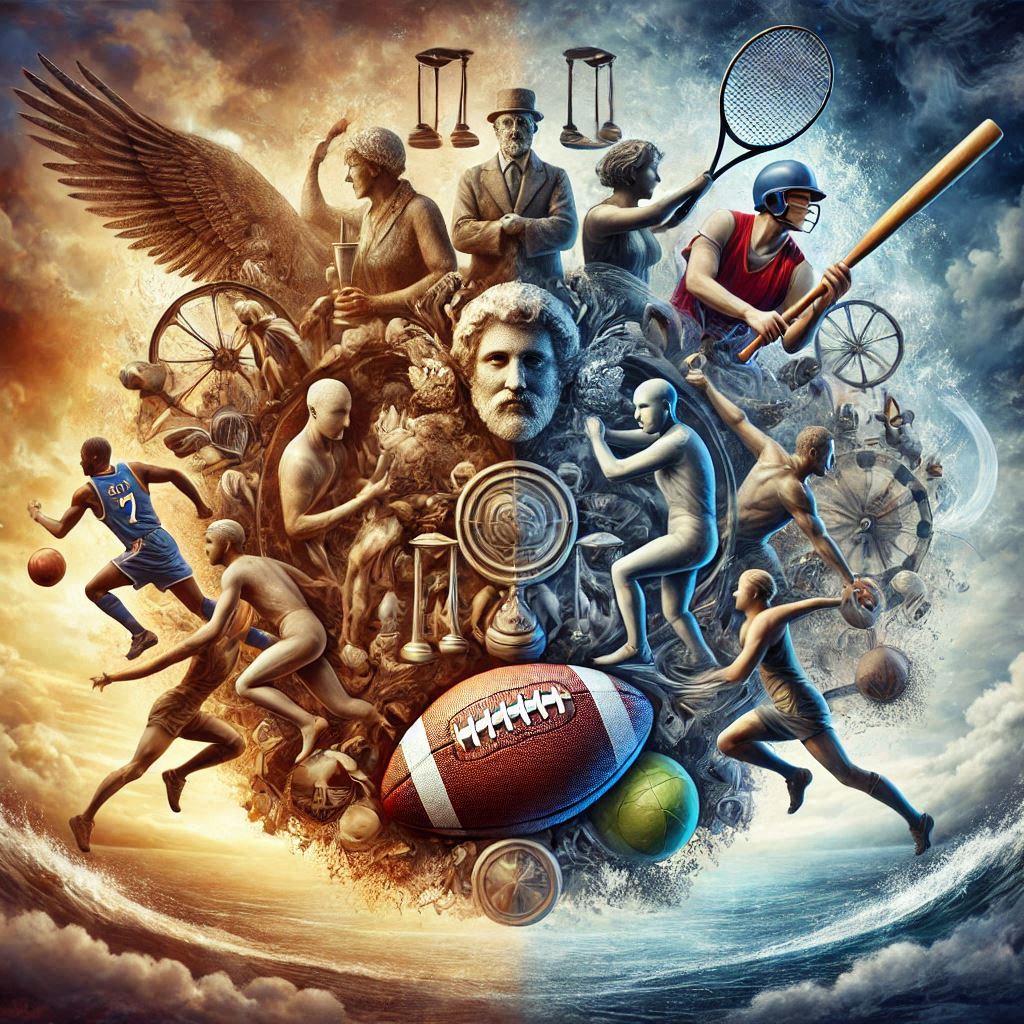
Social Impact
The push for social equality and inclusion in sports today is a direct continuation of the ideological shifts seen throughout history. Initiatives promoting diversity, gender equality, and accessibility in sports reflect ongoing efforts to make sports a more inclusive space for all.
Economic Influence
The commercialization of sports, which began in earnest during the industrial era, continues to shape how sports are played, watched, and marketed. Sponsorships, broadcasting rights, and merchandise sales are modern links to the economic factors that have always influenced the evolution of sports.
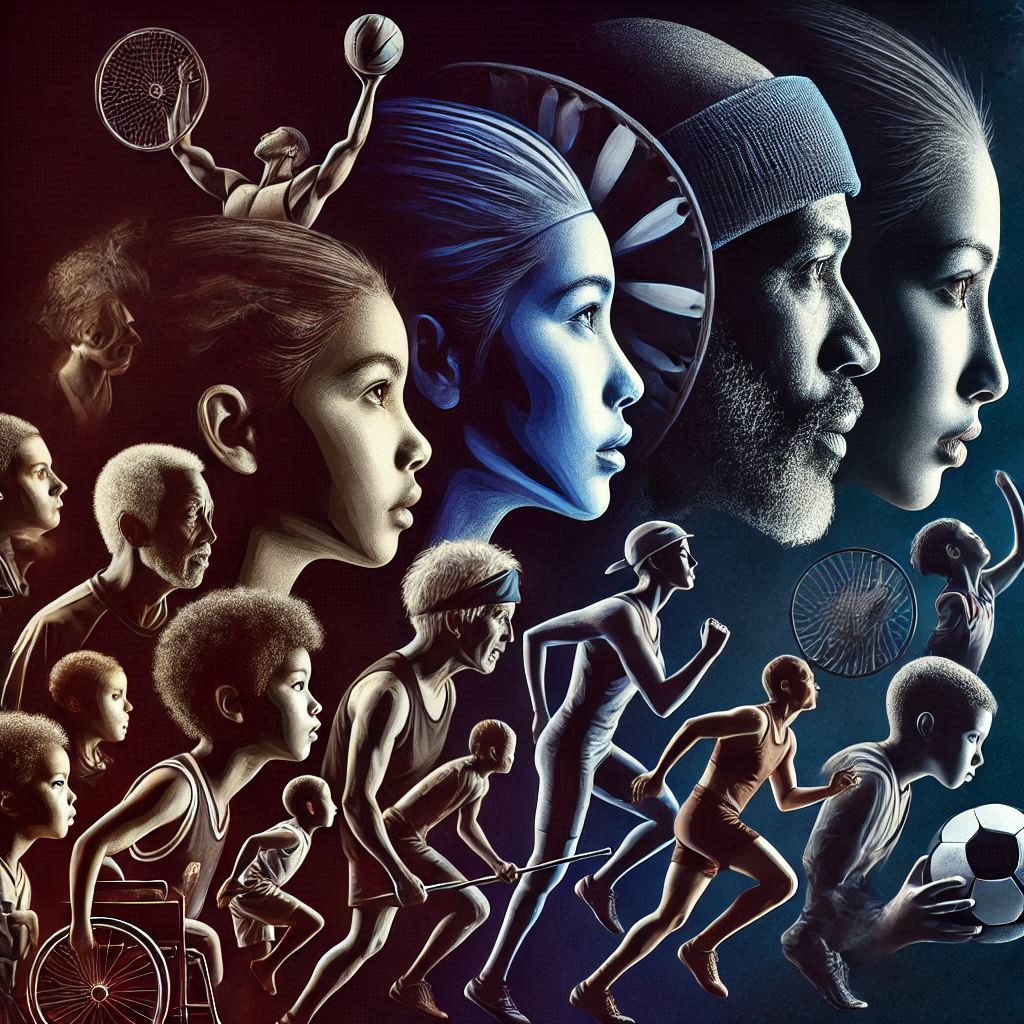
Future of Sports
Evolving Traditions and Ideologies
Technological Integration
The future of sports will likely see even greater integration of technology. Advances in virtual reality (VR) and augmented reality (AR) could transform how fans experience games, making them more immersive and interactive. Additionally, advancements in sports analytics and wearable technology will continue to enhance athlete performance and injury prevention.
Sustainability
As environment changes and the whole idea and concern grows, sports organizations are increasingly becoming more sustainable. Future sports events may prioritize eco-friendly practices, from sustainable stadium designs to reduced carbon footprints for international tournaments. This shift reflects a broader ideological change towards environmental responsibility.
Inclusivity and Diversity
The push for inclusivity and diversity in sports will likely intensify. Efforts to ensure equal opportunities for all athletes, regardless of gender, race, or socioeconomic background, will continue to shape the sports landscape. The future may see new initiatives aimed at breaking down barriers and promoting diversity at all levels of sports.
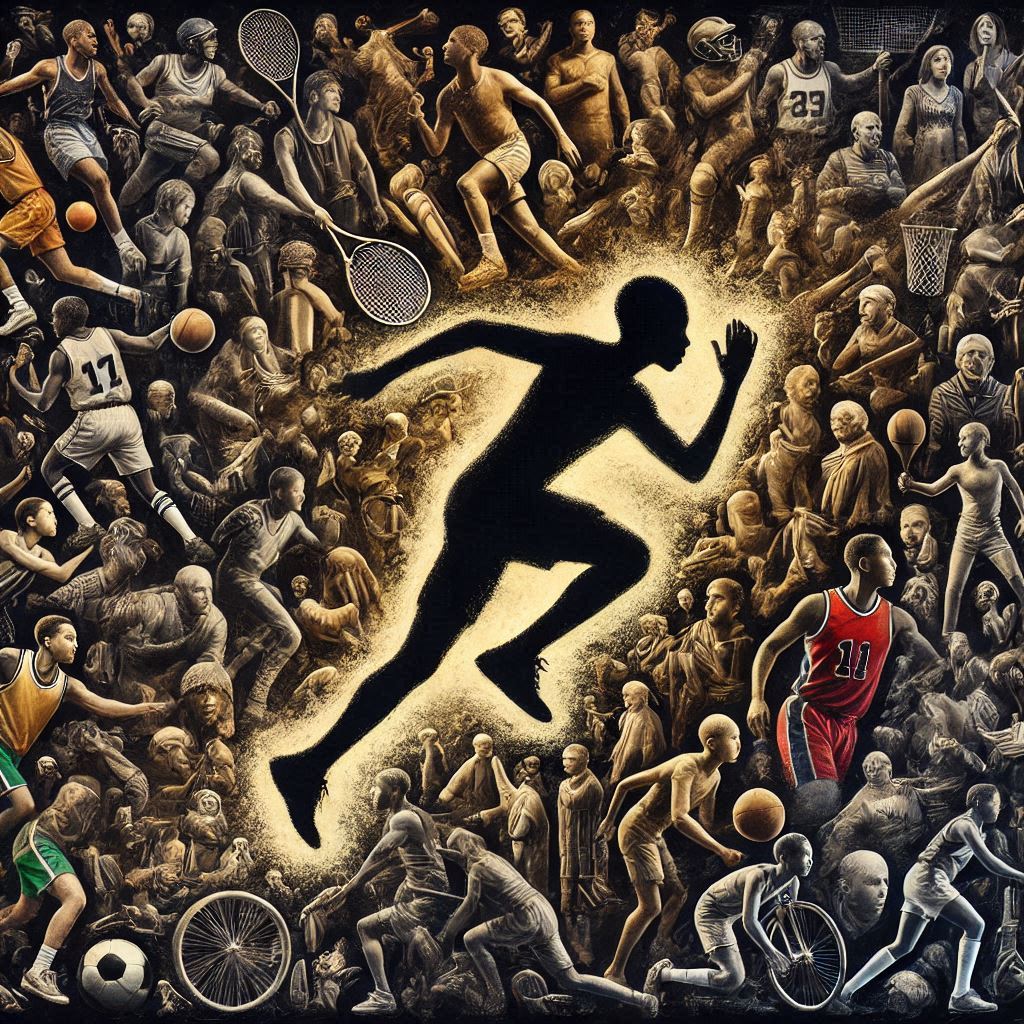
Globalization
The globalization of sports will continue to expand, with new markets and fan bases emerging around the world. This global reach will further link sports to cultural exchange and international cooperation, reinforcing the idea of sports as a universal language that transcends borders.
Mental Health and Well-Being
As awareness of mental health issues grows, the future of sports will likely place greater emphasis on the mental well-being of athletes. Support systems, mental health resources, and initiatives to reduce stigma will become integral parts of sports programs, linking the physical and mental aspects of athletic performance.
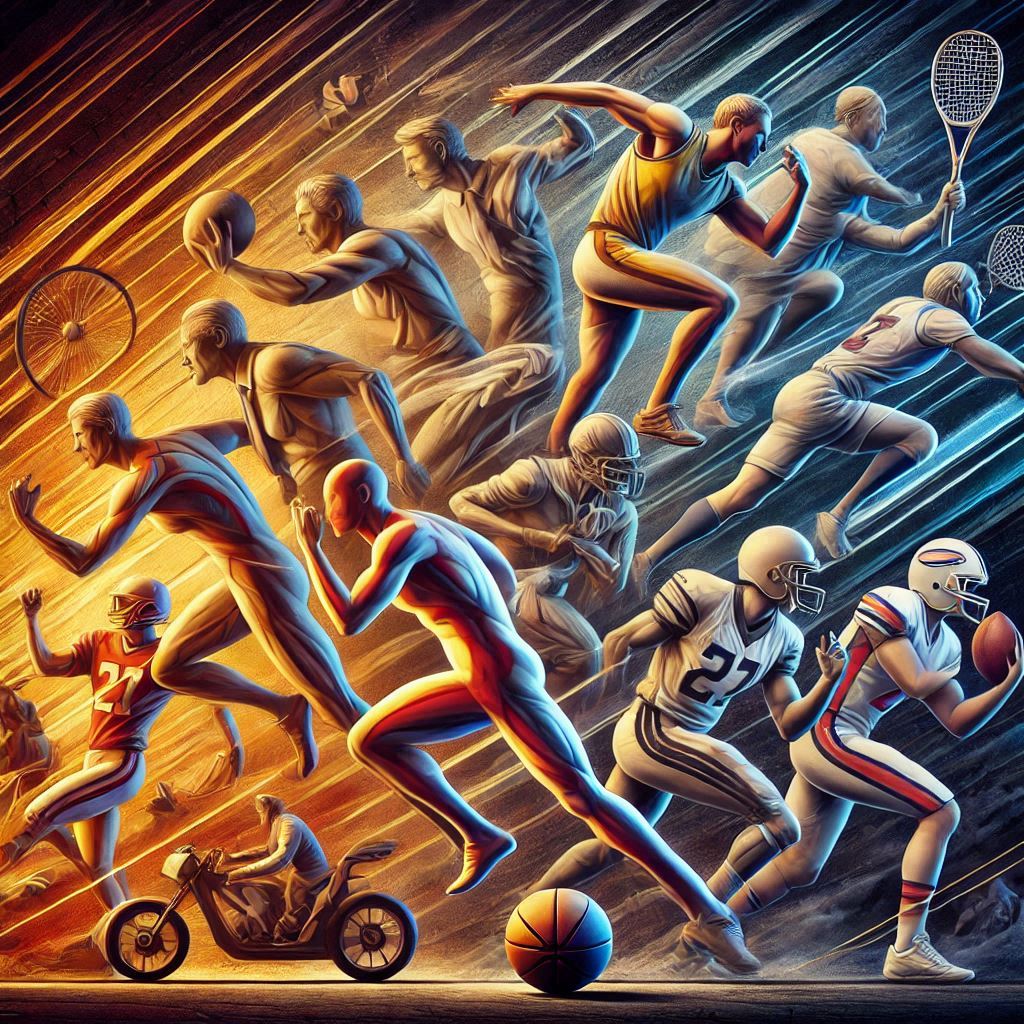
Conclusion
The history of sports is a testament to the enduring links between human culture, tradition, and ideology. From ancient games to modern-day competitions, sports have evolved through a complex interplay of historical events, cultural practices, and shifting beliefs. By understanding these links, we can appreciate the rich tapestry of traditions and ideologies that make sports a fundamental part of human society. As we look to the future, the continued evolution of sports will forge new links, shaping the future of athletic competition and cultural expression.
Join the Conversation
Sports have a unique ability to connect people across different cultures, backgrounds, and generations. How do you see the links between history, traditions, and the evolution of sports? Have you noticed any significant changes in sports that reflect broader societal shifts? What are your thoughts on the future of sports and the role of technology, inclusivity, and sustainability?
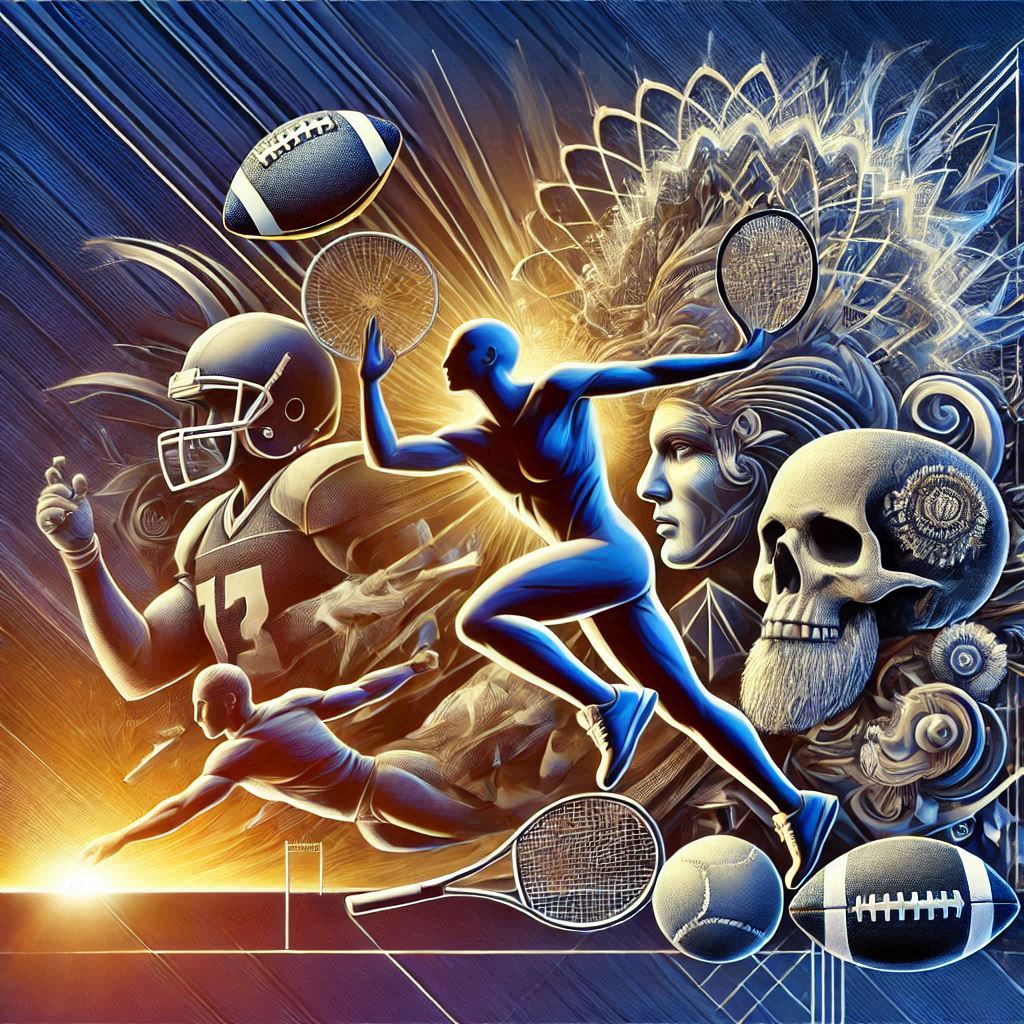





3 Comments
Comments are closed.